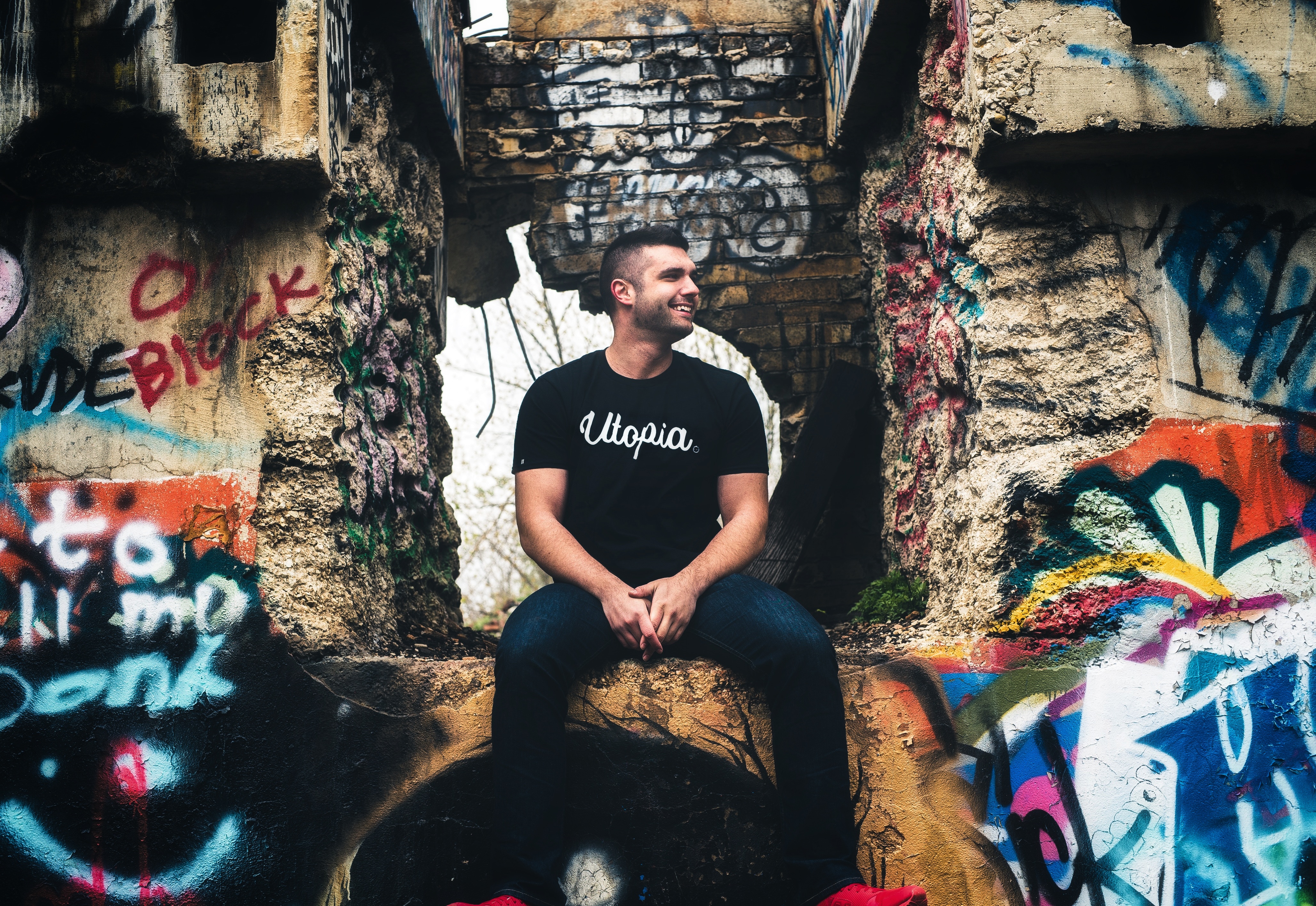Some utopian thoughts

In all the excitement of turning my weekly Thought Shrapnel newsletter into a regular Patreon-supported blog, I’ve neglected this space. I’d like to rectify that.
While I still post my weeknotes here, they’re not ruminations on the state of the world as I see it. Using other people’s work as a provocation is great (and the basis of Thought Shrapnel) but, now that’s established, I’d like to return to thinking about the way things are and how they should be.
Last week, at a conference I attended, a woman from CUNY in Brooklyn stood up and introduced herself. In the process of doing so, she explained that her area was ‘utopian studies’, which got me thinking. I’ve been finding solace recently in describing things as they are, rather than how they ought to be. But, in order to live a life dedicated to the improvement of self and society, I’m not sure that’s enough.
So, what would utopia look like for me?
First, it’s important to note that there’s nothing like regular travel to different countries to disabuse you of the notion of there being simple solutions to human problems.
Second, for me at least, this question cannot be meaningfully answered at an abstract level until I’ve answered it at the local, specific level. In a nutshell, I’d like to live in a world that values human connections, respects the planet we inhabit, and uses technology to improve our mental and physical well-being.
Third, utopia is usually seen as unobtainable, with one definition being “an impractical, idealistic scheme for social and political reform“. Another definition, however, and one that I prefer, is “an ideally perfect place, especially in its social, political, and moral aspects“. Just as we should all have an answer to the question, “What do you want to do with your life?” so we should be clear on the world towards which we’re striving.
Fourth, words are cheap. It costs nothing to promise to do something or to write a manifesto. The important work is putting your own words, or those with which you agree, into action.
Fifth, structures are more important than promises. It’s great that we live in a world where companies, both for-profit and non-profit, have mission statements. However, it’s structural issues than enable or prevent change.
Sixth, follow the money. This works on an individual, local, national, and global level. People spend money on things they deem important — either in an attempt to change things, or to shore up an established position. Any thoughts of utopia, therefore, need to balance up competing claims.
Seventh, and finally, as the Scottish philosopher Thomas Carlyle stated, “Culture is the process by which a person becomes all that they were created capable of being.” Our focus as a society, or as a collection of societies, should be on human flourishing.
These were just some idle thoughts on a lazy Sunday morning. I’d love to read your (slow, considered) replies. Perhaps in your own blog? Or we could have a chat on Mastodon?
I’m going to be reading Utopia for Realists soon. We should start a book club.

